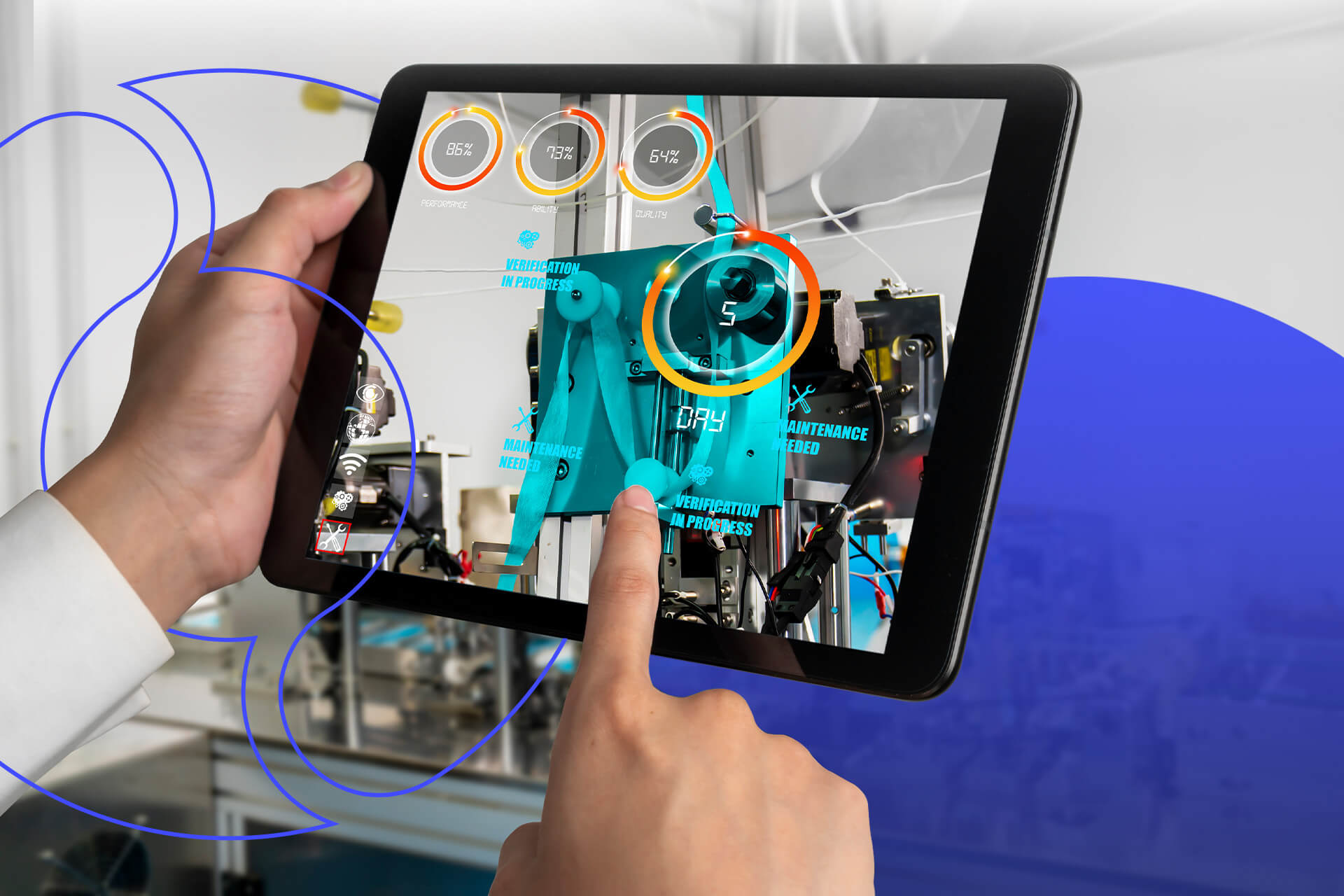



Revolutionized is reader-supported. When you buy through links on our site, we may earn an affiliate commision. Learn more here.
If you are thinking about a career in software engineering, you might be wondering: does software engineering require physics? The answer is no—while it can be helpful, you don’t need to have any background in physics to be successful as a software engineer. However, there are certain skills that physics can teach you that are useful in this field.
Here, we will discuss some of these skills and how they can benefit your career as a software engineer. We will also talk about other skills you need to succeed in this profession and how to develop them. So whether you are just starting out on your journey or are considering making a change, read on for insights into what it takes to become a successful software engineer.
As we mentioned, you don’t need to have experience with physics to be a software engineer. However, many physicists find their skillsets transfer well to the software engineer role. It might also be easier to find a job as a software engineer than as a physicist.
There are certain skills that physics can teach you that are useful in this field, including:
Thinking abstractly is a skill you develop in physics. It involves being able to take a complex problem and break it down into smaller, more manageable pieces. This is useful in software engineering because often, you will be working on large projects with many moving parts. Being able to think abstractly will help you understand how the different pieces fit together and identify areas that need improvement.
Thinking logically is another important skill you learn in physics. This means being able to see the consequences of your actions and make decisions accordingly.
This skill is helpful in software engineering because it allows you to troubleshoot problems and find solutions quickly. There are often multiple ways to solve a problem, but not all of them will be viable options. Being able to think logically to address programming issues or analyze a problem can help you identify the best solution and avoid any potential roadblocks.
You’ll also develop skills in problem-solving while studying physics. This includes being able to identify a problem, brainstorm potential solutions and implement the best solution.
Software engineers must solve software issues to address problems for clients. These complex solutions and any programming concerns that arise along the way require problem-solving skills to handle.
As a physics student, you’d learn how to experiment and analyze data. This involves designing experiments, collecting data and analyzing it to see what conclusions you can draw.
These skills are useful in software engineering because you may need to experiment with software and return to programming after investigating any issues. Having these skills can help you identify trends and make decisions accordingly.
In addition to the skills mentioned above, there are other skills you can use to succeed as a software engineer. These include:
If you don’t have experience in physics, don’t worry—there are still plenty of ways to develop the skills listed above. One way is to take online courses or participate in hackathons and coding challenges. These can help you develop your skills and give you a better understanding of the software engineering field. Another way to develop these skills is to find a mentor who can help guide you.
No matter what route you take, developing these skills can benefit your success as a software engineer. So if you are thinking about making a career change, consider pursuing a degree or taking some courses in physics! It could be the first step on your journey to becoming a successful software engineer.
Revolutionized is reader-supported. When you buy through links on our site, we may earn an affiliate commision. Learn more here.


This site uses Akismet to reduce spam. Learn how your comment data is processed.